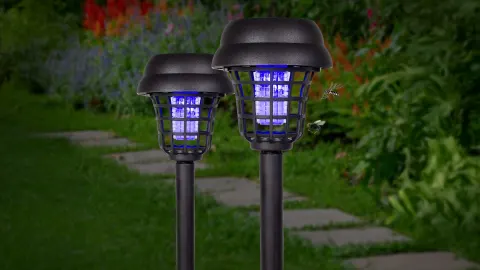2-for-Tuesday: Maximo Earbuds









Absolute Hours Discount HyperbolicallyPaying exorbitant airport prices for earbuds is a uniquely painful experience. (True story: @dave once bought earbuds at an airport that we had previously sold for 3X the Meh price.) How can this excruciating feeling be avoided? One possible solution: Buy these crazy cheap Maximo Earbuds and stow one in your carry-on bag as a permanent feature. Youll never pay Hudson News earbud-famine prices again. One reason you might not do that: Hyperbolic discounting. Hyperbolic discounting, in a nutshell (that economics nerds will excoriate us for), is the human tendency to want a smaller reward soon than a larger reward in the future. It explains irrational behaviors like eating cake now (small reward) when you know you would feel better later if you didn’t (larger reward). The Grasshopper, in other words, represents the hyperbolic discounter to the Ants rational economic actor. In the case of these earbuds, the value of having them as backups at some future date might seem lower than keeping $8 in your pocket right now. But when you (eventually) find yourself shelling out $25 for them at the airport, youll kick your past self and its stupid hyperbolic discounting. However, humans may hyperbolically discount because of uncertain risks. You might die next week. Or you might never forget your ear buds again. Suppose that the probability for the reward to be available after time t is, for known hazard rate
Features
- 2 pairs of in-ear headphones, or as some humans call them, “earbuds” - 2 styles to choose from: Guppy (tapered at the end) or Sprout (more bulbous) - Both styles have inline mics, 3 sizes of tips, and “noise isolation” (they fill your ears) - Model: MZHS-0100 (guppy), MZHS-0200 (sprout) (Placing sequential numbers at the end of model numbers always makes the larger one appear better, even when they are similar. Who wants a mere MZHS-100 when they could get a MZHS-200? That’s twice the MZHS!)
Specifications
Specs ==== - Model: MZHS-100, MZHS-200 - Condition: New - Earphone drivers: 9mm neodymium - Frequency response: 20Hz-20KHz - Sensitivity (1KHz, 0.1V): >101dB - Maximum SPL output: >100dB - Microphone Sensitivity: -45dB +/-3 dB@1KHz - Microphone Frequency response: 50Hz-20KHz - Connection: 3.5mm, 4-conductor What’s in the Box? ==== 2x Earbuds 2x Large set of eartips 2x Medium set of eartips 2x Small set of eartips Pictures ==== Sprout options Green sprout Blue sprout Red Sprout Guppy options Yellow guppy White guppyRed guppy Red guppy Price Comparison ==== $29.98 (for 2) at Amazon
 which is exactly the hyperbolic discount rate. OK, we might have cribbed that last part from Wikipedia, but the rest was original[citation needed], we swear[dubious].
which is exactly the hyperbolic discount rate. OK, we might have cribbed that last part from Wikipedia, but the rest was original[citation needed], we swear[dubious].


















































